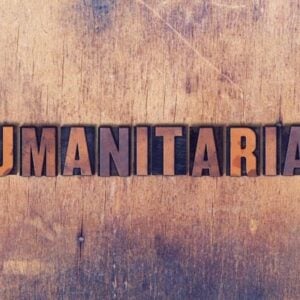In response to the devastating 6.0+ magnitude earthquake that struck Kunar and Nangarhar provinces on 31 August, followed by multiple aftershocks, UNICEF has launched a US$22 million humanitarian appeal to support recovery efforts. The plan aims to reach 400,000 people—including more than 212,000 children—over the next six months with life-saving assistance.
The disaster has left a trail of destruction, claiming over 2,200 lives, injuring more than 3,000, and destroying or damaging at least 6,700 homes. Families living in the remote, mountainous areas of eastern Afghanistan are now facing heightened risks as winter approaches, with limited access to shelter, health services, and clean water.
“Geographic isolation, limited infrastructure, and deeply conservative social norms make this one of the most complex emergency responses we’ve faced,” said Dr. Tajudeen Oyewale, UNICEF Representative in Afghanistan. “From the very first day, UNICEF and its partners have been on the ground delivering urgent care, safe water, psychosocial support, and critical supplies. But much more is needed, and we are calling on the international community to help protect children before the harsh winter sets in.”
Under its Earthquake Response Plan, UNICEF will strengthen emergency health care by supporting hospitals and deploying mobile health teams to deliver trauma care, maternal and newborn services, and essential medicines. Water and sanitation interventions will focus on rehabilitating systems, providing emergency water points, and distributing hygiene kits to prevent disease outbreaks. Children suffering from acute malnutrition will be screened and treated, while cash assistance will be provided to 13,200 vulnerable households to meet immediate needs during the winter.
Equally critical are psychosocial support services. UNICEF plans to expand child-friendly spaces and deploy trained social workers—particularly women—to provide mental health support for affected children and their families. Temporary learning spaces will also be established to ensure education continues while damaged schools undergo repair.
Delivering aid remains extremely challenging due to difficult terrain, restricted mobility for women and girls, and limited infrastructure in the affected areas. UNICEF is prioritizing the deployment of female staff to ensure equitable access for women and children. Many survivors have already relocated to nearby valley settlements, where humanitarian organizations are working to provide shelter, food, and water. However, with winter fast approaching, the scale and urgency of the response must increase rapidly.
UNICEF has urged international donors and partners to step forward quickly, stressing that adequate funding will enable the organization to meet both the immediate and longer-term needs of children and families, ensuring they are not left behind during this crisis.







